BY AYO BANKOLE AKINTUJOYE
For some of us who were ardent supporters of the Buhari/Osinbajo campaign team during the electioneering period, our faith in the team’s ability to swiftly turn around the socio-economic situation of the country is fast dwindling for reasons not so far-fetched.
Firstly, the war against corruption, though enjoying a lot of media attention, is still the same as was in the past – punish the symptoms and ignore the base of the cankerworm. Past political and military bigwigs are being arrested and prosecuted for looting the country blind especially during the immediate past administration of Goodluck Jonathan. While this is not a bad thing to do in itself, the government is yet to issue clear directives on its approach to cleaning up the deeply corrupt bureaucracies in the ministries, in tax offices, Nigeria police force, Nigeria immigration service, the customs, the ports authority, etc.
Business still goes on as usual in these organizations, Nigerians still pay way above the official rates to get a Nigerian passport issued, the police is still as deeply corrupt and completely irresponsible as it has always been, several extra thousands of naira still go into the pockets of FRSC officials before a drivers license is issued, customs officials still rake in millions from the ports and the borders; and of course, the borders are still as porous as ever with goods worth billions of naira being smuggled in on a daily basis.
Secondly, no clear strategy has been presented for the transformation of key sectors. The education sector is yet to witness any shift in its direction, the president recently sacked and appointed new vice chancellors into 13 of the nation’s recently established universities, a move that has set tertiary education back by decades. We are back to the era when universities suffered from absolute government control, a direct opposite of what is required to produce leading centers of research and academic excellence.
Advertisement
The health sector is still moribund; there has been no form of swift change in the efficiency of our healthcare institutions. Our government hospitals are still a no-go area. To make it worse, President Buhari was in the UK for a five day vacation in February 2016, a visit that was rumored to have been a medical visit, though denied by government officials. Medical visit or not, this is not a departure from the past.
When will the president begin to visit Obudu cattle ranch or any of the several resorts scattered across Nigeria for such short vacation? And when will our leaders be checked up by medical experts on Nigerian soil? The body language from the Buhari presidency doesn’t seem to show that an end to this medical tourism is anywhere in sight.
The realities in the power sector are even more heart breaking than all others combined. While electricity output greatly improved in major cities after the swearing-in of the president in 2015, a situation that was commended by several stakeholders to be a direct result of the power of a strong-willed government to influence operational efficiency even without issuing orders; the power situation has since fallen to a record low of 3,720 megawatts as at December 2015, now picking up gradually in the first quarter of 2016 to just above 4,000.
Advertisement
As at the time of writing this, Babatunde Fashola is yet to tell us clearly how we will improve the power sector other than through tariff increase, and what he intends to do differently from past ministers. From his public statements, it appears Fashola intends to maintain the current status quo with government interference in the power sector, a direct contradiction to what his stance was when he was governor when he advocated a complete overhaul of the laws regulating electricity such that independents can generate power without having to connect to the national grid! Same goes for other sectors like rail, maritime, agriculture, ICT, etc. What exactly is the transformation roadmap for these key sectors almost one year after?
Thirdly and lastly, the economy is crumbling! While we know that the Buhari government inherited a badly damaged country economic wise, but we expect there will be a clear economic blueprint by now. We have waited for 11 months and have yet seen no blueprint for the economy going forward. The capital market, the banks, manufacturing sector, and worse of all our currency are all groaning under the pains of the economic crisis we have found ourselves in! To make an already bad situation worse, our government seem to be swimming towards the same direction that crumbled giants like China and the old Soviet union before they transformed – Big government! The Buhari administration seems to be swimming strongly towards big government in an age where the world is moving towards smaller governments and bigger private sector-led economies! The president is romancing with the idea of rejuvenating the long dead Nigerian Airways, continued control of the power sector and railways, overbearing influence on the education sector, the police, and a strong government control of the naira!
The naira has become the symbolic representation of all that is currently wrong with the Nigerian economy in recent times, commodity prices have shot through the roof due to the free fall of the naira in the parallel markets and the ban of over 41 items from the FOREX markets. The way the Buhari government is managing the FOREX crisis shows a clear case of cluelessness on the part of the economic management team and the lack of a strategic direction for fixing the economic rot that has led us to where we are. The president and his team seem not to have realized that the currency is a direct function of the performance of the market economy. The more you produce, the more demand for your currency.
The more demand for your currency, the stronger your currency becomes in the FOREX market! President Buhari must be made to understand, as a matter of urgency, that in a real market economy, a currency’s exchange rate is not “regulated” by the government. We cannot continue to subsidize the banks at the expense of the ordinary citizens! We cannot continue to make a few richer and impoverish the majority! The banks and a few other powerful corporations and individuals buy at the CBN rate and in turn sell at the parallel rate. Who then is the government benefiting?
Advertisement
What is required urgently is a massive drive towards private sector involvement and a leaner government. We expect by now to witness absolute privatization of the power sector, transport sector, infrastructure development, oil and gas industry, etc. Government needs to declare a systemic closure of its borders to enhance production of certain commodities, which will ultimately lead to total closure in the mid to long-term. All forms of subsidy on consumption and importation should be immediately scrapped, be it petroleum subsidy, rice subsidy or Naira subsidy (CBN control of the naira). These trillions of naira can be used to subsidise production instead, with a very strict and controlled framework to ensure whatever support is granted goes into production processes and not diverted into bigger imports as witnessed in the rice importation rackets under the GEJ regime.
It is absolutely ridiculous that we are the world’s second largest importer of rice after China, with a population of about 10% of China, and despite our massive arable land of over 78% of our land mass. Nothing says we cannot produce what we eat, and even export to China!
We need some semblance of a military-like approach in the transformation of our borders, seaports, and airports to prevent the ridiculous way contrabands get smuggled in with ease. We need an authoritarian, private sector-style leadership in the sanitization of all our military and para-military organizations, ministries, departments and agencies. We cannot expect to adopt the slow and often futile democratic process in achieving a total turn-around of our key sectors. No third world, highly corrupt nation has ever achieved such with democratic style, from our neighboring Ghana under J.J. Rawlings, to Singapore under Lee Kuan Yew, to China starting under Hua Guofeng; but most importantly under Deng Xiaoping and other Post-Mao Chinese leaders. Democratic principles can be used to regularise the polity after having achieved socio-economic stability through private-sector type authoritarianism, certainly not before.
Generally, privatisations are driven by the desire to increase competitiveness and efficiency and the belief that the powers of the market place can achieve this better than state control. Moreover, given the antecedents of government’s participation in goods and services production in Nigeria, and the long history of crisis bedeviling these public enterprises, privatisation is the only logical way to go. A leaner government that will be strategically focused on regulation, taxation, corruption war, social welfare, security and diplomacy is what we need. Any attempt to increase the already overbearing government involvement in the economy is destined to fail! As it stands, our total non-petroleum exports is a mere $3 billion dollars which is less than 1% of our over $530billion GDP. This poses bigger trouble for the country’s currency in the nearest future if not quickly arrested by the measures earlier described. No amount of currency control can save a “production-less” economy. The best controls government can exert on the economy or the currency are controls done through effective fiscal policy, economic policy, and monetary policy. That is where it stops, the market should be left to determine the outcome of economic indices within the framework of those policies.
Advertisement
A leaner government will give government free time to focus on social welfare initiatives like education and healthcare, which rank amongst the highest sources of intellectual and FOREX flight from our country. Some of the schools and health institutions under the federal government should be concessioned immediately to well qualified institutions/organisations with the mandate to carry out systemic transformation of our schools and healthcare institutions. Government can then in turn provide education subsidies from the billions already generated from the 2% education tax being imposed on Nigerian companies to cushion the effect of the inevitable increase in the fees of such schools. Healthcare insurance can also be provided to indigent citizens in the form of obamacare or strengthen our existing National Health Insurance Scheme. A handful of legacy institutions can be left under government control, but must be granted full autonomy to govern its affairs the way similar leading institutions operate globally.
The Buhari some of us voted for was the Fascist Buhari we all knew, or read about, not this Buhari. Our president needs to rescue himself from this alter-ego of a self-proclaimed democrat who intends to please everybody and may end up pleasing nobody. Our president needs, as a matter of urgency, to rescue our crumbling economy from his new school Buharism ideologies!
Advertisement
Akintujoye, a strategy consultant and social commentator, holds a master’s degree in political science
Advertisement
4 comments
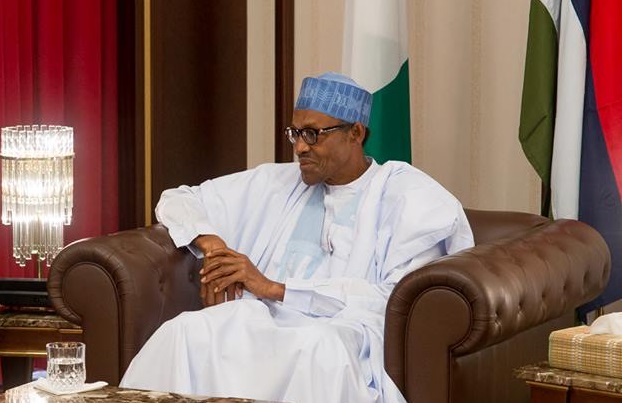
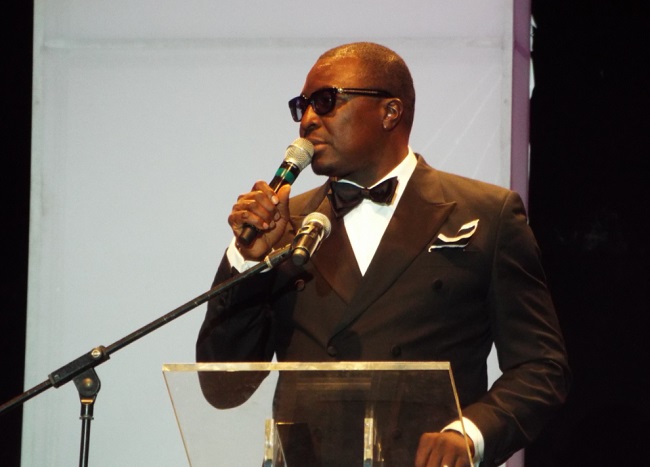
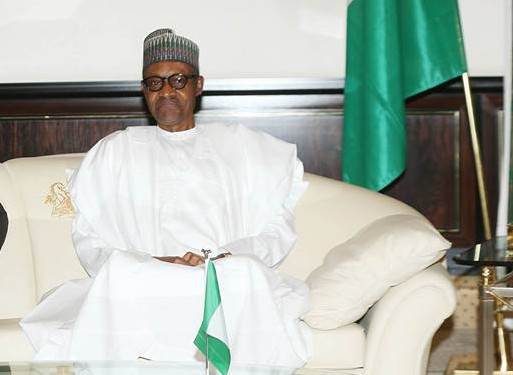
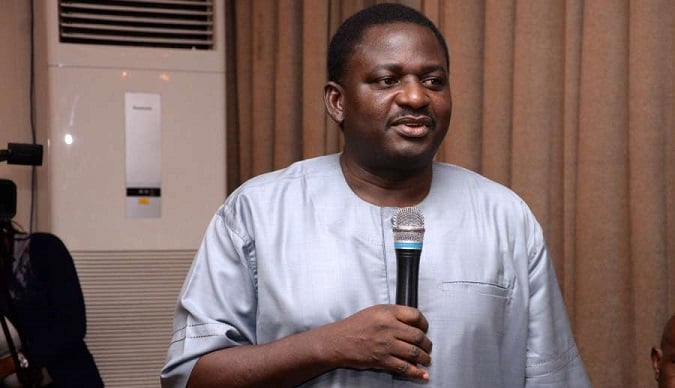
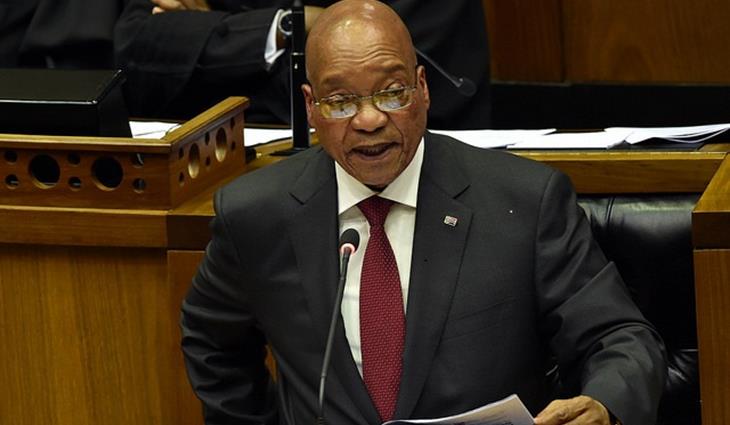
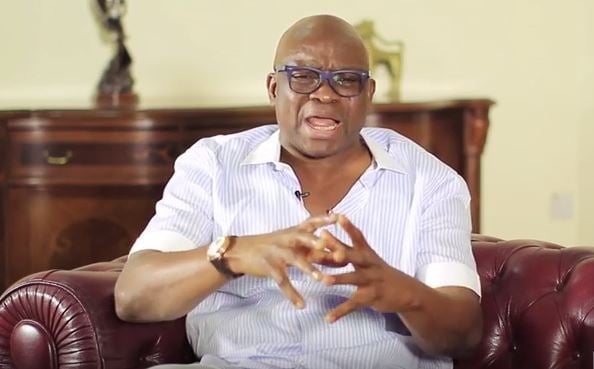
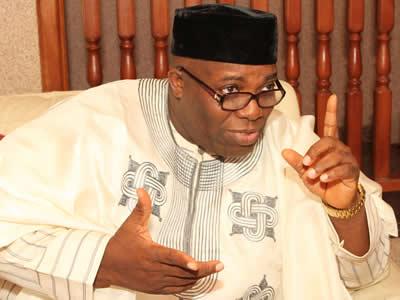
We have a parochial president.I knew this when we voted for him, Segun adeniyi wrote about him and I remember Thisday Editors scored him low on the economy.
So the real question is how much can we push the govt and how much can the private sector push the economy without the govt.
Since he has not requested removal of Emefiele (from the Senate) and having a feather weather like Kemi as minister of finance. I doubt anything will change.
It seems the sharp APC boys are not in the driving seat…
Note: I voted for APC & I’m a supporter of the Party.
APC is a scam as we have all seen.
When things are challenging, everybody becomes an advicer and expert. Lets watch and see….
You say Buhari inherited a badly damaged economy but we had prices of goods stable for years, petrol no queues at filling station, a high GDP, stable exchange rate etc.
Now everything has gone haywire, we are facing worse problems just like you have listed out , with no strategic plan on how to address fundamental problem. Everyday we keep chasing shadows and symptoms. Nigeria has so failed under this administration